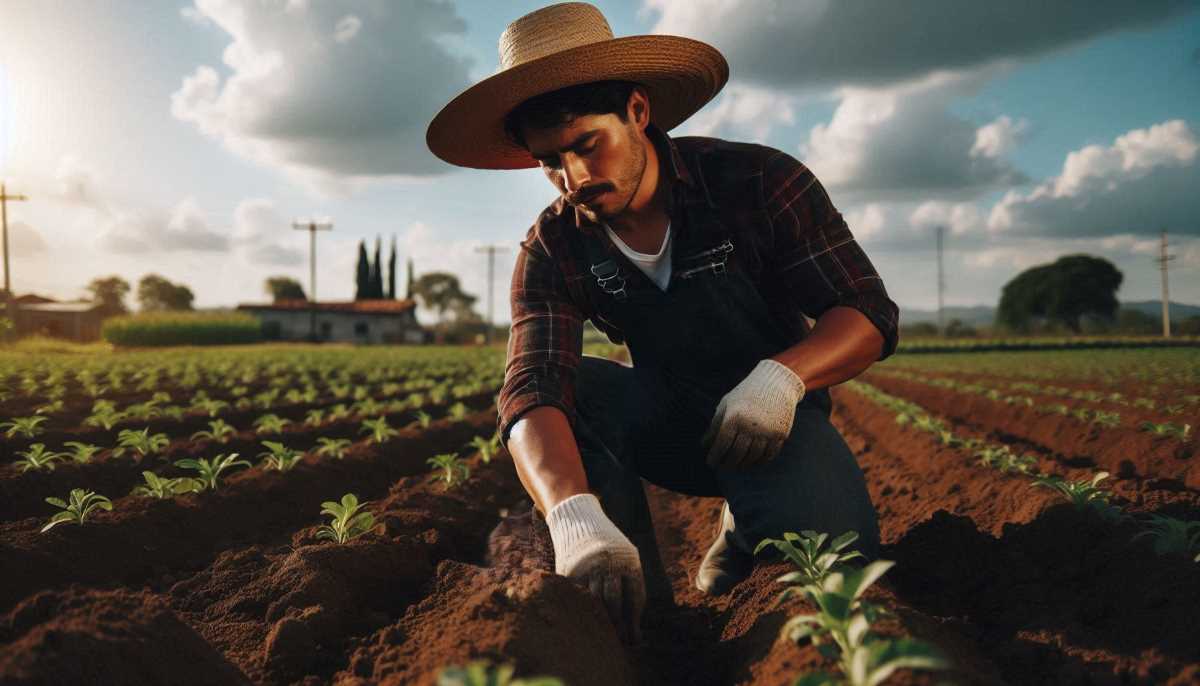How Mexico's Agricultural Sector Is Thriving Against the Odds
Mexico's agricultural sector has shown resilience, with grain and oilseed production surpassing previous records despite drought and global challenges. Favorable weather, increased yields, and government support have contributed to this success.

As the world grapples with climate change, geopolitical tensions, and shifting economic landscapes, the agricultural sector remains a critical pillar of stability and growth. In Mexico, the 2024 agricultural year presents a positive forecast for total grain and oilseed production, showcasing resilience amid challenges.
The Secretary of Agriculture and Rural Development, Víctor Villalobos Arámbula, recently announced that total production for essential crops—corn, beans, wheat, rice, sorghum, and soybeans—is estimated to rise by 2.0 percent compared to 2018. This increase reflects a transition from 36 million 450 thousand tons to 37 million 200 thousand tons.




